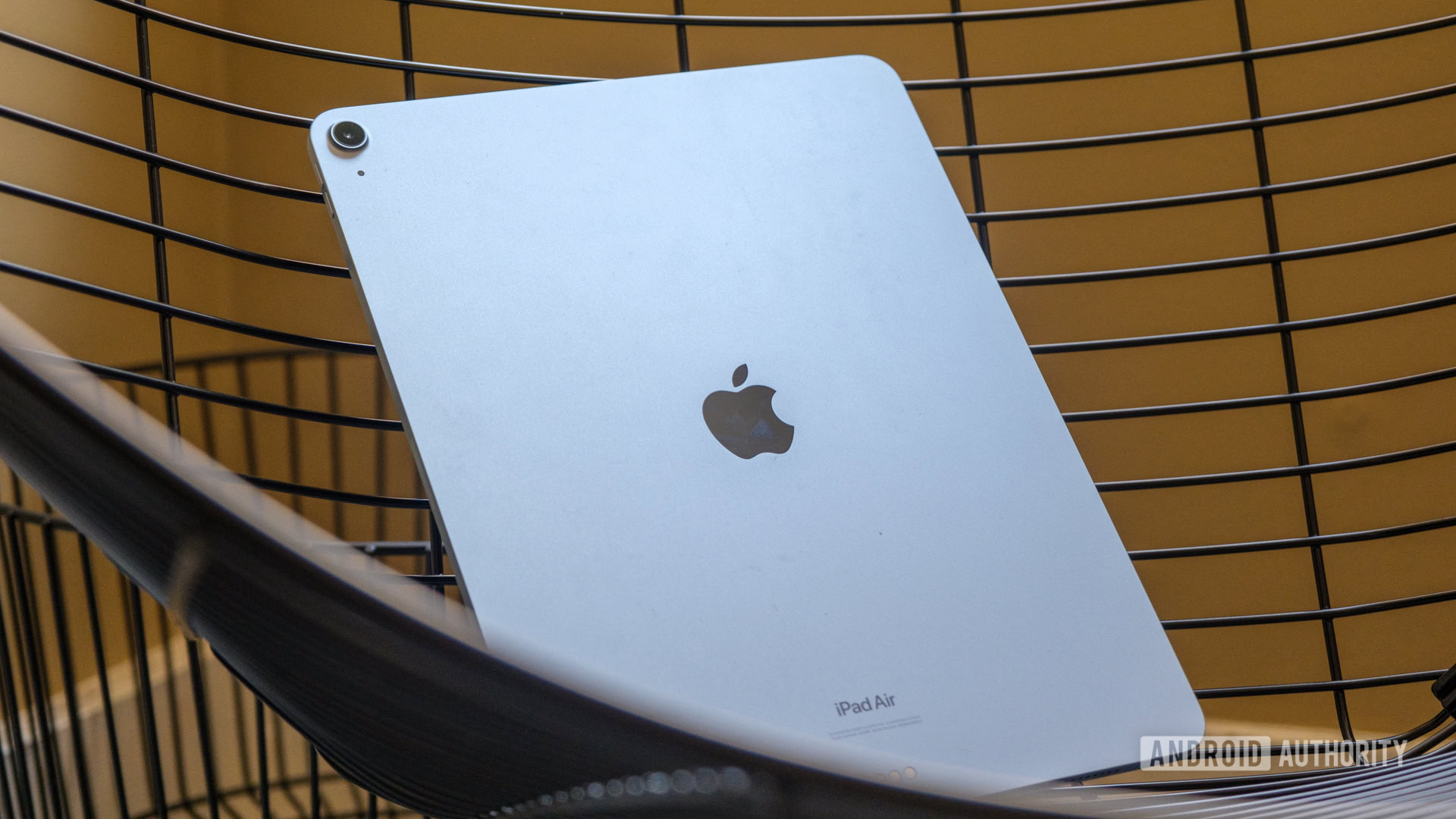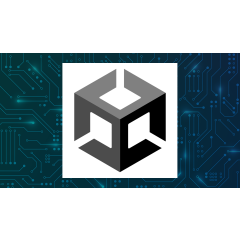No chipmaker has benefited more from the rapid increase in artificial intelligence (AI) spending than the chip manufacturer Nvidia (NASDAQ: NVDA). The company’s graphics processing units (GPUs) are essential for any company looking to develop and train large language models and build generative AI applications.
Nvidia crossed the $1 trillion mark in May 2023. Since then, it has more than tripled to become one of just three companies with a market cap of more than $3 trillion. But Nvidia isn’t the only company that has seen its market cap rise as AI spending explodes. In fact, advances in AI are almost inextricably linked to the success of virtually every company valued at more than a trillion dollars. The newest member, which both complements and competes with Nvidia, is no different.
The latest artificial intelligence chip stocks in the $1 trillion club are Broadcom (NASDAQ:AVGO). The stock passed the milestone after an excellent fourth-quarter earnings report on December 12. The company thus became a leading AI chipmaker with a 13-figure valuation.

Image source: Getty Images.
The company that makes the next generation of AI chips
Broadcom is a well-diversified company. It has an enterprise software segment, led by VMWare and Symantec. It also makes semiconductors for applications including cordless phones, WiFi and Bluetooth. But what really drives the company are two specialized semiconductor applications: the networking chips and the AI accelerators.
Broadcom’s networking chips provide essential infrastructure for AI data centers. While hyperscalers pay billions for Nvidia’s GPUs, they need Broadcom’s chips to get the most out of their processing power. Broadcom’s Tomahawk and Jericho switches move data from one server to another quickly and efficiently. This means that there is less redundancy and downtime in processing. And when you’re trying to get the most out of billions of dollars worth of chips, every second counts.
There is no company that even comes close to Broadcom’s technology when it comes to developing these chips. Furthermore, no one in charge of a hyperscale data center would risk their job by switching to a competitor’s offering, regardless of how much money it could save the company. So as data centers grow the number of expensive GPUs and other chips in their server racks, Broadcom’s business has grown exponentially.
Even more promising are the custom AI accelerator activities. These are the next generation of AI chips.
Broadcom is working with several companies to develop purpose-built AI chips for their data centers. These are the three largest customers Alphabet, Metaplatformsand TikTok parent ByteDance. Management estimates that these three companies will have an addressable market of between $60 billion and $90 billion by 2027. Considering all three companies’ potential profits from AI advances, the high end of that number seems more likely than the low end.
Management also announced that it has signed agreements with two new customers building their own next-generation chips. Broadcom won’t reveal the details, but many believe it will Apple and Open AI.
Apple is familiar with Broadcom’s work. It used Google’s TPUs to train Apple Intelligence. Apple’s big push to integrate system-level AI into its devices could lead to the company becoming Broadcom’s largest customer in the short term. That provides a huge advantage in management’s market outlook, which does not include the new customers.
Indeed, with its networking chips and AI accelerators, Broadcom appears well positioned to benefit from the maturing development of artificial intelligence. Going forward, management plans to split semiconductor reporting into AI and non-AI segments. The former’s growth will drive results for the entire company in the near future.
It’s not too late to buy
Despite shares rising more than 24% after the company reported its fourth-quarter earnings, the company’s prospects remain strong enough to justify its current price.
Management’s $60 billion to $90 billion market outlook represents a compound annual growth rate for the AI semiconductor segment of more than 60%. And with the benefit of two potential new customers, growth could be significantly higher in 2027.
While AI semiconductors are still a small part of Broadcom’s business today, they are driving the future. Even after tripling AI sales by 2024, management still expects AI chips to account for roughly a quarter of the company’s total revenue in the first quarter of 2025. But as AI chips become a larger part of Broadcom’s business and continue to grow rapidly, at this rate the company’s earnings growth should remain strong for a very long time. Analysts currently expect earnings growth of 28% next year and 20% growth in 2026.
As a result, investors today should be willing to pay a premium valuation for a stock whose earnings are already growing at a strong pace. At the time of writing, shares trade for about 36 times forward earnings. That’s definitely a premium price, and investors should consider the risks of investing at this price. Specifically, AI spending may not continue at the rampant pace of the past two years. But the stock traded at a similar valuation earlier in 2024, and management showed why it was worth the price at the time. Investors looking for an alternative to Nvidia may want to consider Broadcom for their portfolios.
Don’t miss this second chance at a potentially lucrative opportunity
Have you ever felt like you missed the boat on buying the most successful stocks? Then you would like to hear this.
On rare occasions, our expert team of analysts provides a “Double Down” Stocks recommendation for companies they think are about to pop. If you’re worried that you’ve already missed your chance to invest, now is the best time to buy before it’s too late. And the numbers speak for themselves:
-
Nvidia: If you had invested $1,000 when we doubled in 2009, you would have $348,112!*
-
Apple: If you had invested $1,000 when we doubled in 2008, you would have $46,992!*
-
Netflix: If you had invested $1,000 when we doubled in 2004, you would have $495,539!*
We’re currently issuing ‘Double Down’ warnings for three incredible companies, and another opportunity like this may not happen anytime soon.
See 3 “Double Down” Stocks »
*Stock Advisor returns December 9, 2024
Suzanne Frey, a director at Alphabet, is a member of The Motley Fool’s board of directors. Randi Zuckerberg, former director of market development and spokeswoman for Facebook and sister of Mark Zuckerberg, CEO of Meta Platforms, is a member of The Motley Fool’s board of directors. Adam Levy holds positions at Alphabet, Apple and Meta Platforms. The Motley Fool holds positions in and recommends Alphabet, Apple, Meta Platforms and Nvidia. The Motley Fool recommends Broadcom. The Motley Fool has a disclosure policy.








